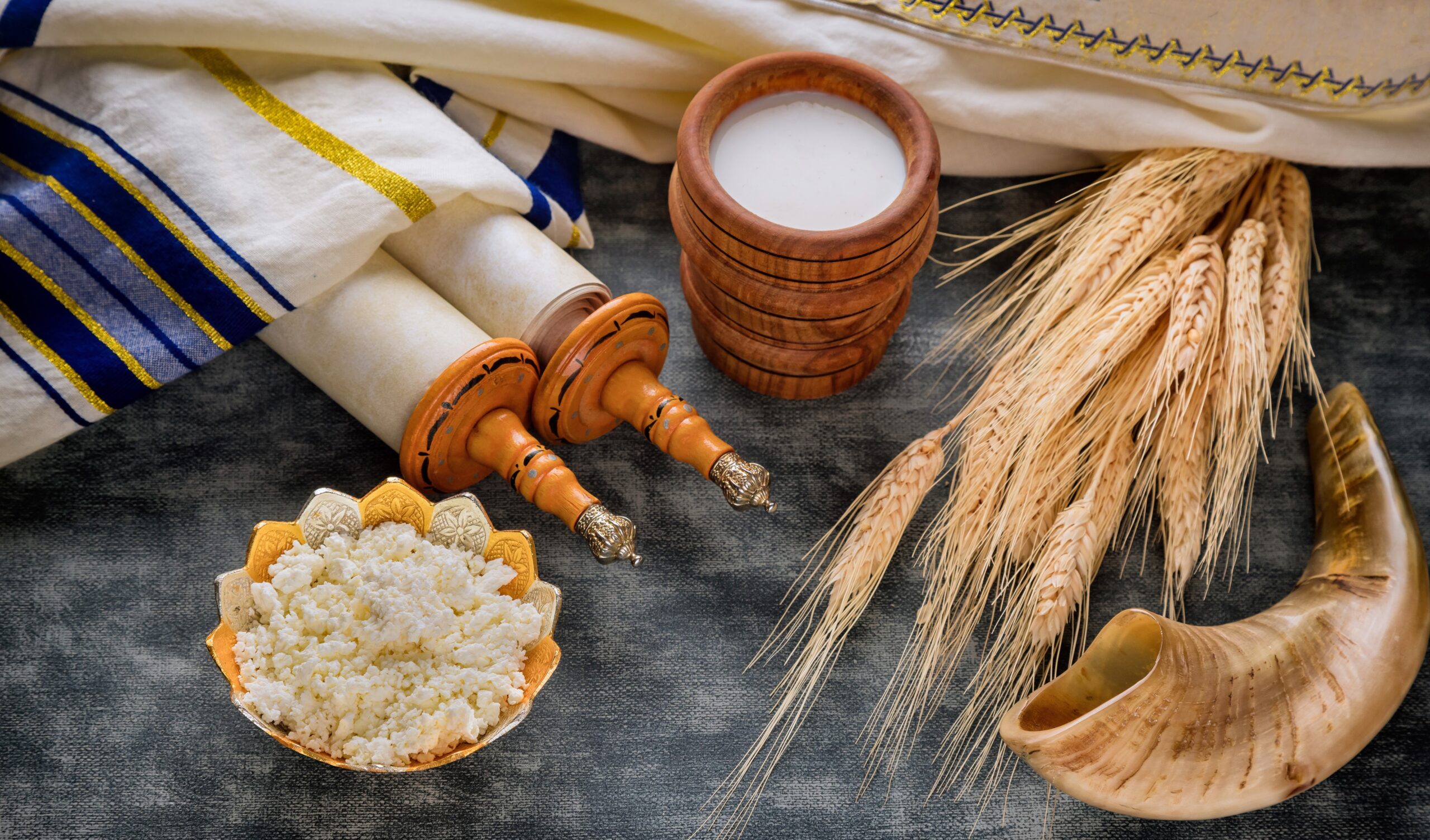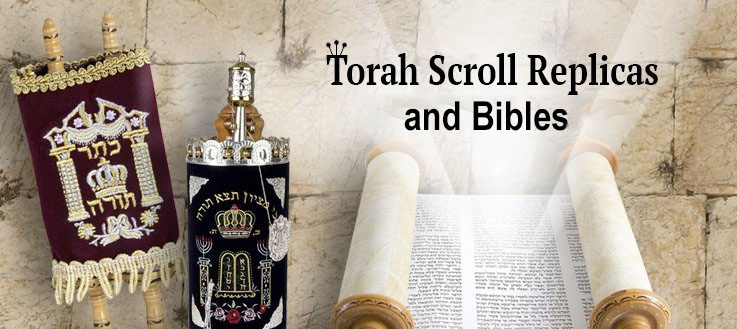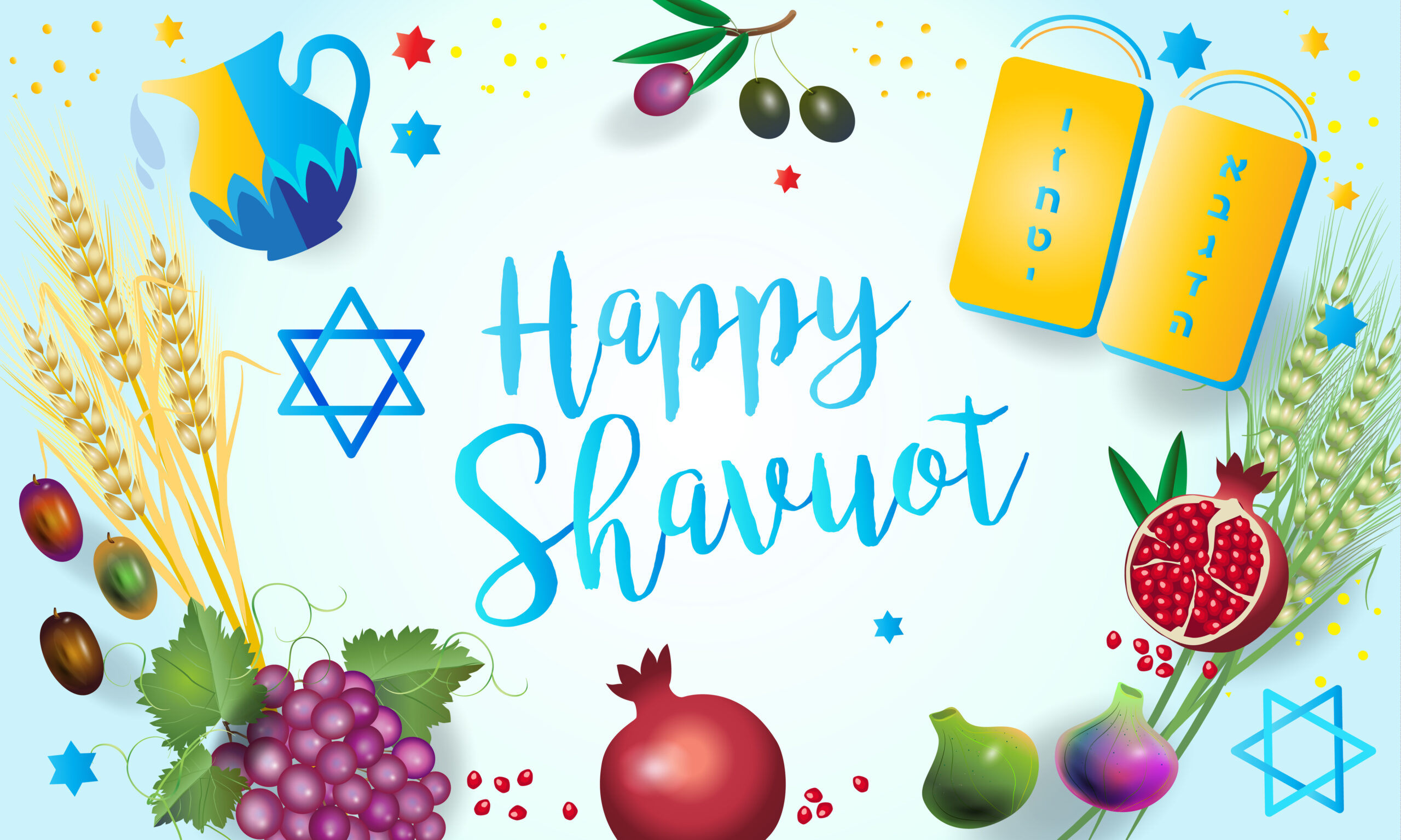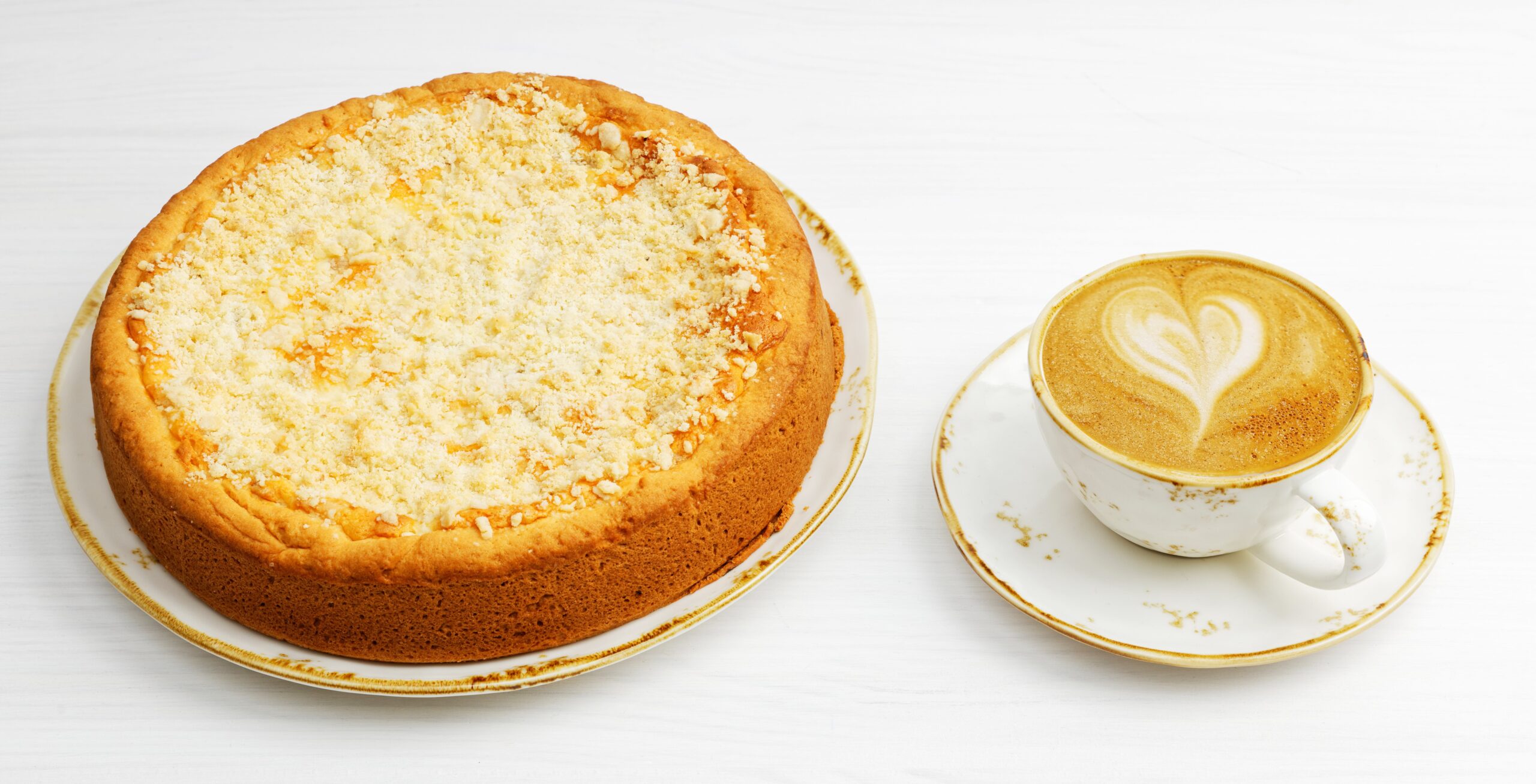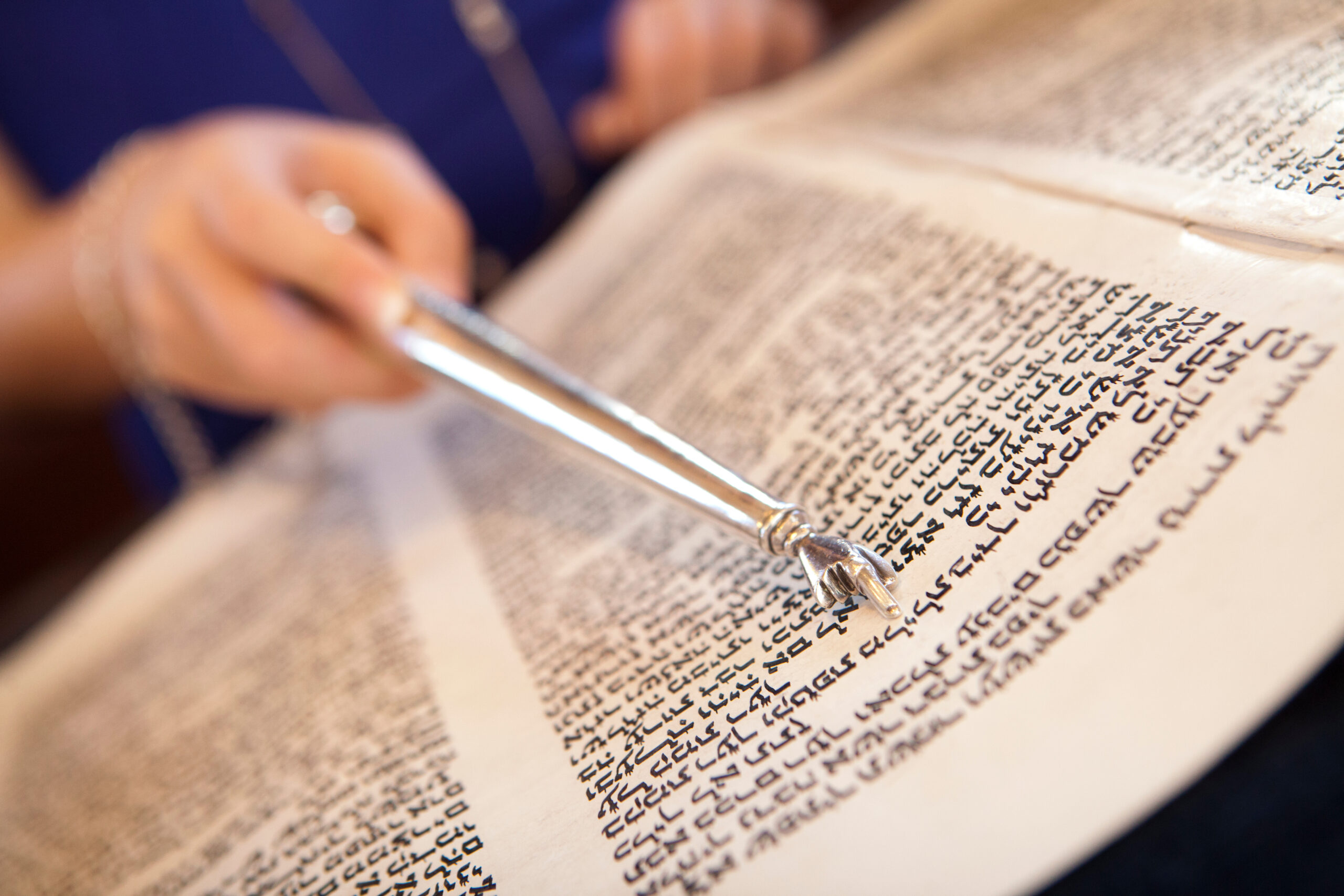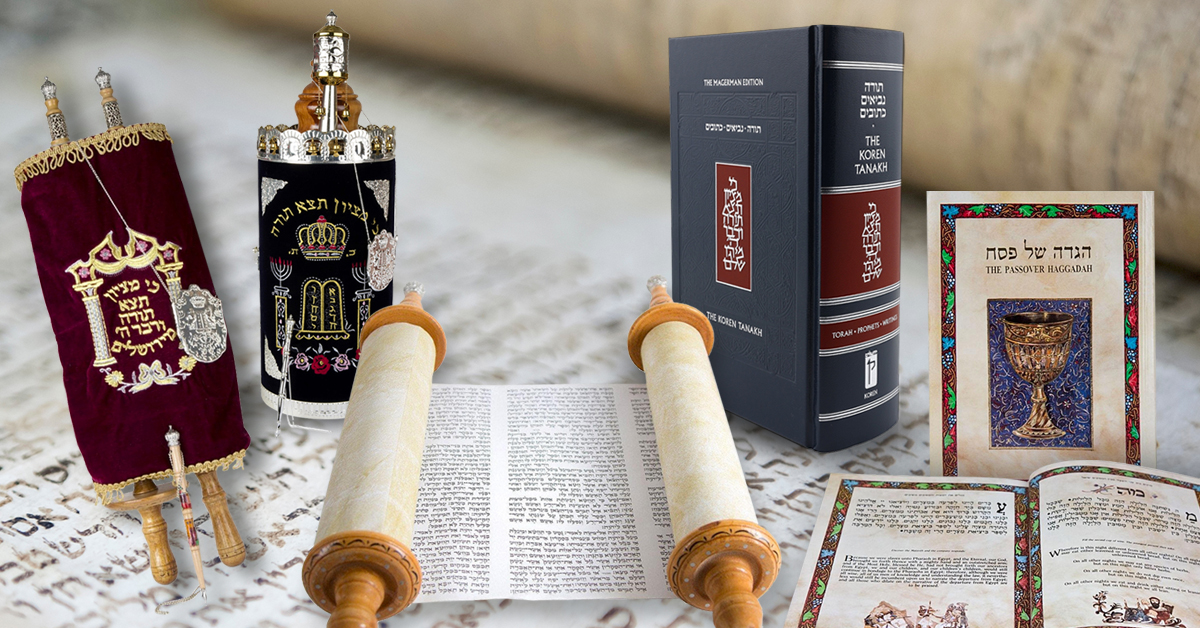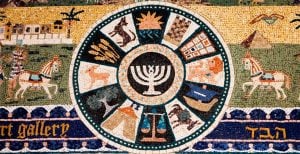Why does the counting of the Omer end on Shavuot?
Counting the Omer (which you can learn more about here) occurs during the 50-day period between Passover and Shavuot. There are varying explanations, although one of the most common is that the 50-day period prepares us spiritually to remember the receiving of the Torah. According to the Sefer HaChinuch, a 13th-century Jewish text, the Israelites were only freed from slavery in Egypt in order to receive the Torah.
Is Shavuot mentioned in the Torah?
Yes, although Shavuot is referred to in the Torah by three different Hebrew names:
- Chag HaShavuot (Festival of the Weeks, or Feast of Weeks)
- Chag HaKatzir (Festival of the Harvest)
- Yom HaBikkurim (Day of the First Fruits)
The literal translation of Shavuot is “Weeks,” which many believe alludes to the fact that the holiday occurs seven weeks after Passover, or Pesach, and is when the counting of the Omer concludes. Shavuot is also similar to the word for seven in Hebrew, adding another layer of significance. In English, Shavuot is also less commonly called the Feast of Weeks or the Pentecost (which is different from the Christian Pentecost holiday).

In the Torah, Shavuot was synonymous with the beginning of the ancient grain harvest, particularly wheat. When the Temple was still standing in Jerusalem, some of the harvested wheat was brought as an offering. Shavuot is one of the three Biblical agricultural festivals that involved bringing offerings to the Temple (the other two are Sukkot and Passover).
During Temple times, Shavuot was also the first day that farmers and others could bring fruits to be offered; they often brought the Seven Species of the Land of Israel to the Temple Priests. This is how Shavuot came to be known as Yom HaBikkurim.
Are Bikkurim still part of Shavuot celebrations?
Kibbutzim (communal farms) in Israel have often celebrated Shavuot by hosting special events for both kibbutz members and Israelis from across the country to enjoy and celebrate the farm’s harvest over the last year and the first fruits of the season, as well as honoring any babies born since last Shavuot. While this practice is less widespread now, Israelis still understand the day as a time to appreciate agricultural harvests and the significance of being able to harvest wheat, barley, dates, and other fruits in the Land of Israel.
Secular Israelis also mark Shavuot by enjoying dairy foods, fresh fruits, and a small feast of sorts together with family and friends.
However, since the ancient Temple is no longer standing, the first fruits and Seven Species cannot be offered like they had been in Biblical times.
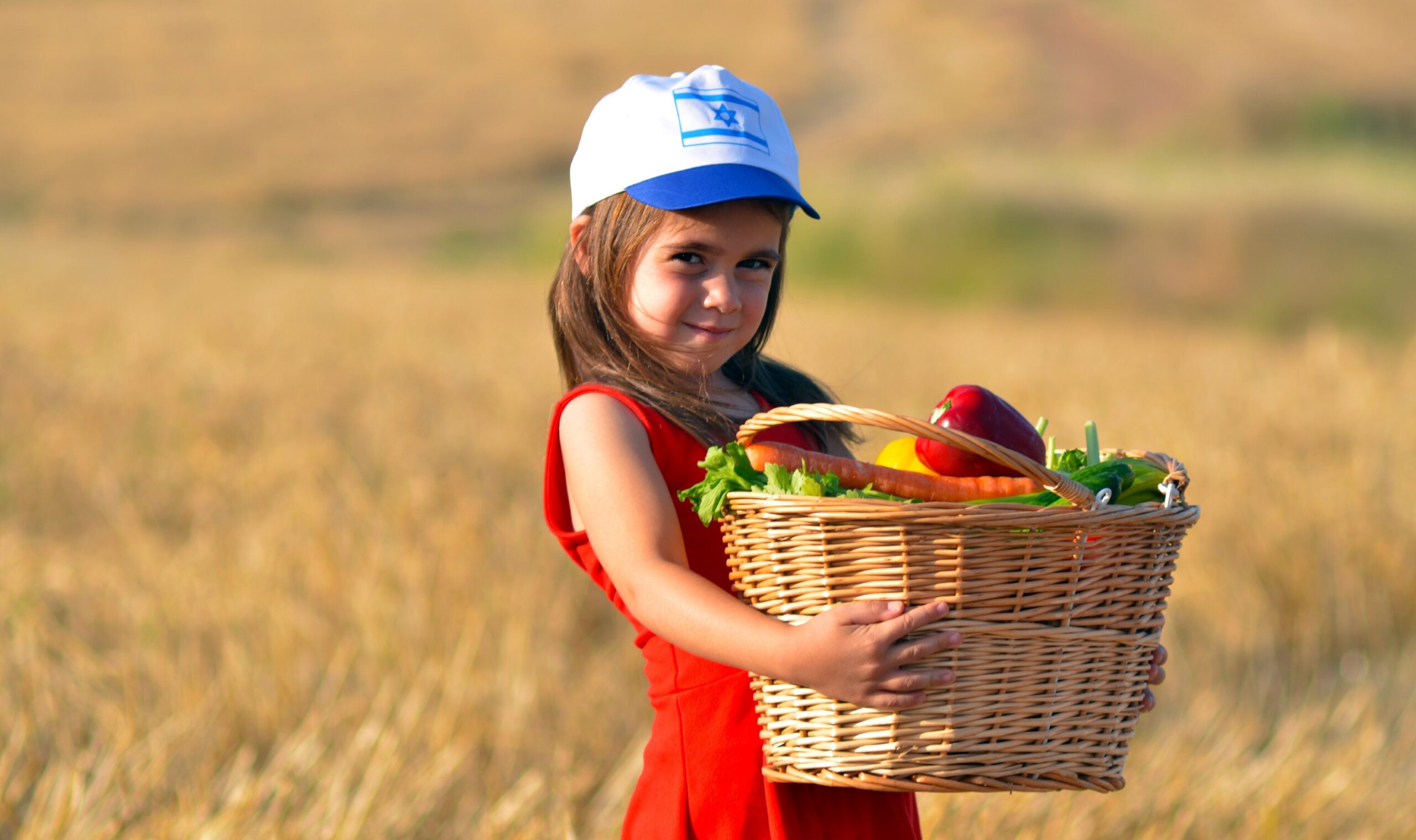
Wait, I thought Shavuot had to do with the giving of the Torah to Moses and the Jewish people at Mount Sinai?
It does! These days, Shavuot is known as a late spring holiday that commemorates the giving of the Torah. It is celebrated at nightfall with a festive meal, followed by staying up all night, eating dairy foods, studying Torah and other traditional Jewish texts and topics, and then praying Shacharit (morning prayers) at one’s synagogue before going home to sleep. There are special holiday prayer services during the day as well.
However, the correlation between Shavuot and the receiving of the Torah at Mt. Sinai is not found in the Bible itself. The Sages, whose wisdom is found in the Babylonian Talmud, were the first to suggest that Shavuot should also mark the day that the Jewish people received the Torah and all of its commandments.

